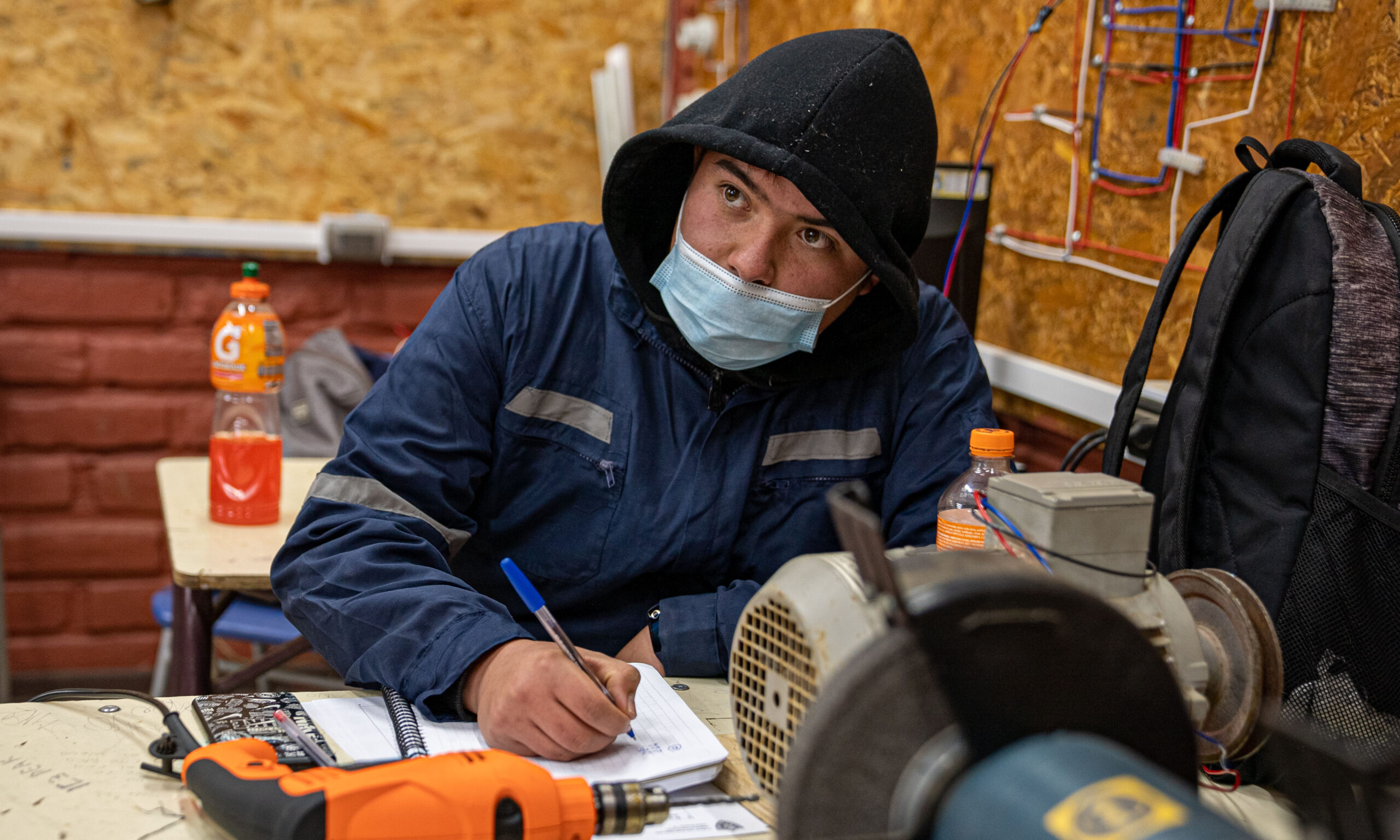Dear Editor:
Regarding the case of engineer Pamela Chávez, who will not be able to assume as director of Codelco given the length of her undergraduate career, it is shocking to see how Chile loses talents with a vocation for public service due to norms and statutes that are not up to date with the reality of the diverse formative trajectories that people decide to choose today.
It is also overwhelming to think what happens to all those people who study higher technical-professional careers -whose duration generally ranges from four to six semesters- who, after obtaining a good education, then acquiring experience in the world of work, and in many cases enriching themselves with complementary studies, are totally excluded from accessing management positions in the State, again, due to the duration of their original careers.
Times have changed, and on the one hand, it is a challenge for Chile to review the requirements for access to postgraduate, masters and doctoral degrees to promote the deepening and strengthening of people’s knowledge, where today there are obvious barriers to access for those who come from higher education at the technical level, which does not happen in countries that we have as references (OECD). On the other hand, it is necessary to rethink and seek proposals that allow the State to make its appointment processes for strategic positions more flexible, also recognizing continuous training, work experience and people’s competencies.
What happened with Pamela Chávez not only shows a lack of modernization of the State with respect to current times, but also raises an alert about the relevance of our higher education system.
María Fernanda Orellana
Executive Director of MueveTP
Letter published in El Mercurio newspaper

